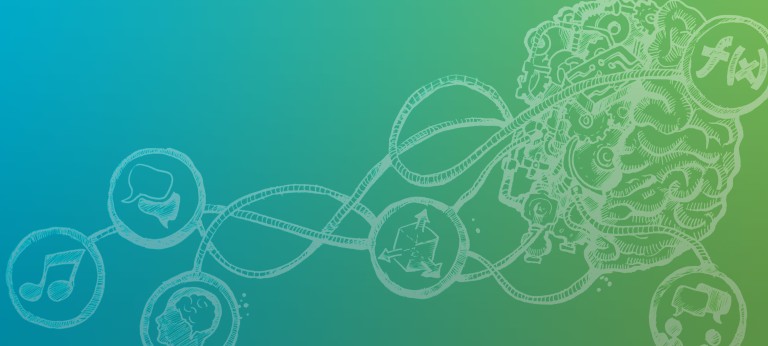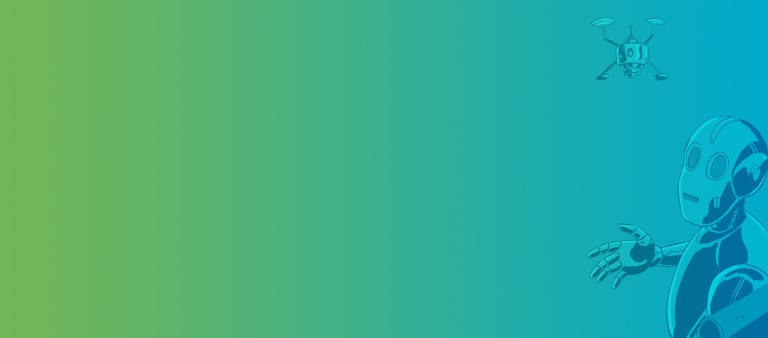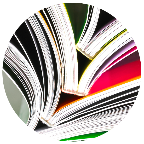On being human
![{[downloads[language].preview]}](https://www.rolandberger.com/publications/publication_image/ta26_human_equation_cover_en_download_preview.jpg)
In this issue of Think:Act magazine we examine in detail what it means to be human in our complex and fast changing world now and in the days to come.


illustrations by Sasan Saidi
Developmental psychologist and author Howard Gardner revolutionized the way the world thinks about the workings of the mind. Here he answers three questions concerning the human equation.
You have identified multiple kinds of intelligence: musical, logical/mathematical, spatial, bodily/kinesthetic, linguistic, interpersonal, intrapersonal and naturalistic. In the future is there one kind of intelligence that will have more sway than the rest?
This changes all the time. At present, logical/mathematical intelligence (computing, coding) is the most useful. But once AI and robots are smarter than us at our most important tasks, then other intelligences – especially personal ones and ones used in the arts – will become more valued. In general, intelligences emerge very slowly, over centuries. But as new technologies emerge, intelligences can combine in unexpected ways. For example, Twitter links linguistic and interpersonal intelligence.
How much is intelligence a product of nature or nurture? Will AI become augmented and can digital devices limit intelligence?
Some intelligences emerge early in life, others are far more the product of practice over decades. Whether AI will limit our human intelligence is up to us: As Katie Davis and I wrote in "The App Generation", we can use technology to enable new forms of thinking or we can become dependent on them and let our cognitive potentials atrophy.
How important are the arts for human development?
In my view, a life without the arts is not much of a life. For some people games can substitute, but they do not rival knowledge of arts in the past, appreciation of today's artists and, most important, the opportunity to make art for oneself. I'm not an artist but I play the piano every day and when I visit a new city, my first trips are to museums.

![{[downloads[language].preview]}](https://www.rolandberger.com/publications/publication_image/ta26_human_equation_cover_en_download_preview.jpg)
In this issue of Think:Act magazine we examine in detail what it means to be human in our complex and fast changing world now and in the days to come.
Curious about the contents of our newest Think:Act magazine? Receive your very own copy by signing up now! Subscribe here to receive our Think:Act magazine and the latest news from Roland Berger.
